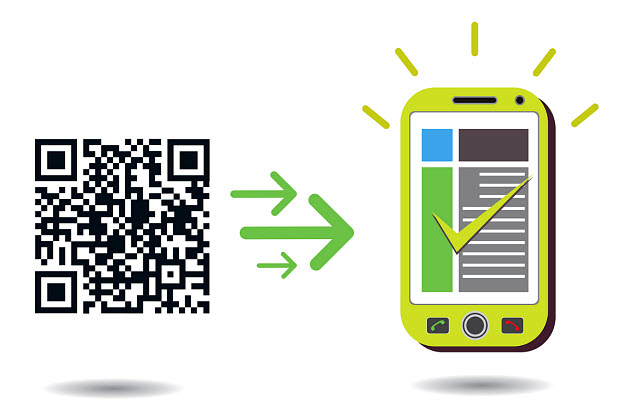A company called Madpiggy has launched a location based service to make local discovery easier.
Promotions and discount coupons are one of the most effective ways to encourage people to walk in through the doors of a shop, and now a company called Madpiggy has combined this knowledge with the use of QR codes and iBeacons in order to provide an even greater incentive for consumers.
At the same time, the company is using well established marketing techniques and the latest marketing technology.
Madpiggy is banking on the broadening of the Internet of Things (IoT) to be able to provide hyperlocal, contextual ads on mobile devices through the use of iBeacons and that can be confirmed through QR codes. It is all based on an app that uses geolocation technology to give shoppers the ability to see deals at shopping malls, outlets, and other shops that are located very nearby. The application is iBeacon integrated and allows check ins through simple quick response code scans, as well as incorporating push notifications and loyalty solutions.
The application is now live for Android and iOS users to obtain deals and check in with QR codes.
 Its web platform has also been created for shopping malls and merchants to be able to take part and customize the experience that they provide. At the moment, the app remains in a phase in which its operations are limited to NCR. This is meant to give it the opportunity to build focus. However, within the next quarter of a year, the Madpiggy app will be expanding outward to other cities.
Its web platform has also been created for shopping malls and merchants to be able to take part and customize the experience that they provide. At the moment, the app remains in a phase in which its operations are limited to NCR. This is meant to give it the opportunity to build focus. However, within the next quarter of a year, the Madpiggy app will be expanding outward to other cities.
This geolocation based marketing experience that is combined with QRcodes has been a trend that has been growing in many areas of the world. Mobile apps are starting to be released on a more regular basis that are designed to target consumers when they are very near to the physical location of stores, and to encourage them to scan barcodes in order to obtain various types of reward such as coupons, deals, loyalty points, and even free stuff.
In the case of Madpiggy, the experience is free to use by both customers and merchants. Stores can set up the deals that they wish to offer, and consumers can receive notifications about them as they pass near iBeacons, and then redeem them through QR code check ins.

